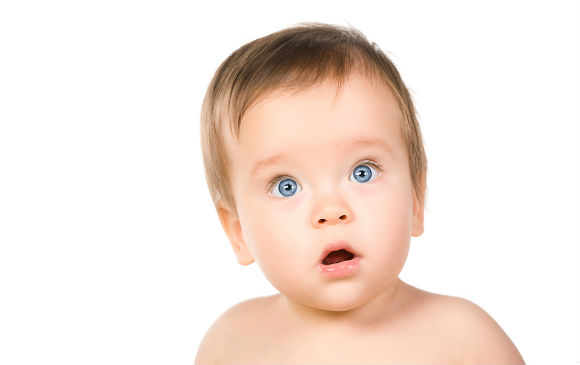
The report published on LiveScience.com challenged the earlier reasoning that children aren’t aware of the perspectives of others until much later in childhood. The cognitive test applied is called the “False-Beliefs Test,” which was applied to a group of study participants from countries around the globe, aging from as young as a year and a half to toddlers.
The life-action test entailed a person entering a room and hiding a small object—in this case a pair of scissors—in a box. A second person then entered the room and placed the scissors in his or her pocket without the initial hider’s knowledge. At this point a third person enters the room and asks the child: “Where will the first person look for the scissors?”
Previous research shows that by the age of 4, the majority of kids will answer that the first individual will look in the original hiding place because they aren’t aware the scissors have been placed into the second individual’s pocket. However, this particular study proved that toddlers and even babies under the age of nineteen months are able to speculate what other people will do—even when researchers didn’t verbally pose the question, but instead took cues from the infants’ eye movements, which always went to the original hiding place—the box.
The researchers videotaped the reactions with babies consistently looking toward the box, proving time and time again that babies are able to make sophisticated cognitive presumptions about other people’s knowledge.
Humans are “very good at inferring other people’s mental states…[such as their] emotions, their desires and, in this case, their knowledge,” says H. Clark Barrett, study author and anthropologist at the Uof California. “[These] findings may shed light on the social abilities that differentiate us from our closest living relatives, chimpanzees.”
Source: New York Times



